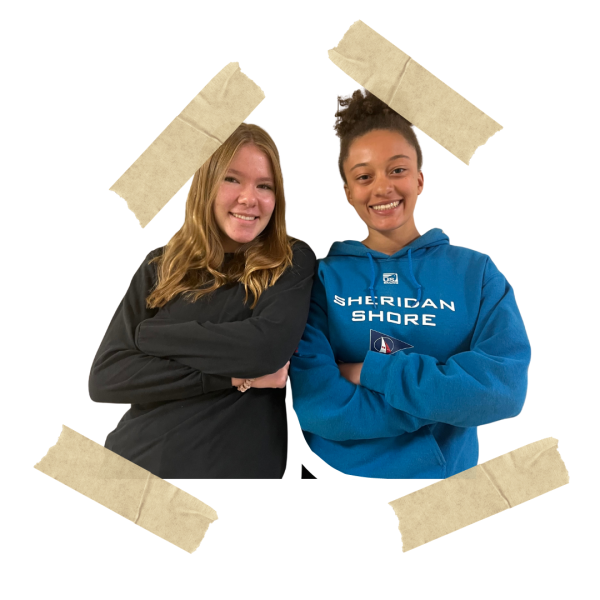Opinion | ETHS should unblock vital homework help sites
March 4, 2021
Slader, SparkNotes, Brainly. Try to access them on ETHS-issued Chromebooks, and you’ll get the same result: Restricted.
Too often, these websites and others like them are talked about as if they belong to the dark web, leading to a common belief that using them is tantamount to cheating. However, if one was to just play around on these websites for even the shortest period of time, that person would realize that there is nothing sinister about them. Rather, they are valuable resources that students can use to help improve their understanding of course material independently. It is long overdue that ETHS administrators realize this and unblock such websites in accordance.
Never once did the developers behind any of the aforementioned websites intend to create a tool students could use to cheat. In actuality, their purpose was to create an online community where people could share their ideas with one another because that is how they believed they could help students learn best.
“We’re here to help you learn, not to help you cheat,” states the about page of the SparkNotes website.
So let’s get it straight. These websites are not meant to help you cheat; they’re meant to give you the resources you need to still complete your homework even if you get stuck and prevent the crying at the kitchen table. Duly, these websites work best when used in such situations, reserved for times when simply grinding things out over and over again has failed. ETHS students are responsible enough to know this and refrain from using them on occasions when they don’t really need to.
With all the assistance some of these websites can provide though, it may very well seem as if they are just warehouses full of cheating materials and that their presence alone encourages deviance. Again, however, this is just not the case. If a student is overdependent on websites like these, they won’t be prepared to succeed during assessments, and their grades will fall consequently. The advent of online plagiarism scanners also discourages overindulgence, disincentivizing students to not simply copy what they find on sites if they have to write academic papers.
Additionally, the amount of aid these websites can provide is not revolutionary. So, frequently, teachers provide written examples of claims, evidence and reasoning whenever it comes time to write big papers, and textbooks generally have the answers to odd-numbered problems in the back. Most of these blocked homework help websites provide similar things, and if they go beyond what typical classroom resources can provide, that doesn’t make it easier for a student to cheat so much as it makes it easier for them to further their understanding of the material. It doesn’t make sense to tell a student that they are cheating just because the source of the help they are receiving happens to be a website as opposed to a teacher, textbook or worksheet.
Besides, these websites have their limits too. Sometimes, the explanations they provide can be just as confusing as the problems themselves. Even if these websites are unblocked, students will still have to go to their teachers for help, probably at the same rates they already are.
Now, while cheating concerns do seem to be the most apparent reason why websites like these are blocked, there is a chance that their blockage is more so due to something else; it’s possible that they have been blocked in order to encourage students to go to their teachers for help first rather than the internet. If this is the case, though, it just creates an inconvenient situation for both parties. Sometimes, a question just isn’t big enough to warrant a trip to A.M. support or Wildkit Academy, especially when plenty of teachers have a combined total of over 100 different students in their classes.
And at the end of the day, it’s not as if these resources aren’t already being used by students on their personal technology. Looking at this issue from an equity standpoint, since blocked homework help websites are never able to be accessed on any ETHS-issued technology ever, that means that those who are more dependent on the school Chromebooks are put at an unfair disadvantage against their peers who are fortunate enough to have their own computers and WiFi networks at home, where they can access them freely. Yes, a vast majority of ETHS students may have smartphones, but they are nowhere near as optimal of educational devices as computers are due to their smaller screens and lack of keyboards. If these websites were to be unblocked, however, this discrepancy would be eliminated, and everyone would be put on a more level playing field when it comes to accessibility of online studying resources.
ETHS, the time is now. If our school is truly committed to increasing student’s understanding of course material, lowering stress levels and maintaining academic equity, then unblocking websites like Slader, SparkNotes and Brainly that have so long been unfairly branded as cheating resources is a change that needs to be made.




















